Apple Watch Cellular vs GPS: What's the difference?
Would you like 4G with that Watch?
Once you've chosen the size and style of your Apple Watch, one of the biggest decisions you'll have to make is choosing Cellular vs GPS. You can't alter your choice once the decision has been made, so it's important to have all the information before you take the plunge.
On the face of it, the choice is fairly straightforward, and there are just a couple of things to consider. If you want to save as much money as possible when buying an Apple Watch, the GPS option is always going to be cheaper. However, if you want a watch that can be used independently on your iPhone for calls, texts, navigation, Apple Music, and more, a Cellular model will give you the most freedom and the best connectivity.
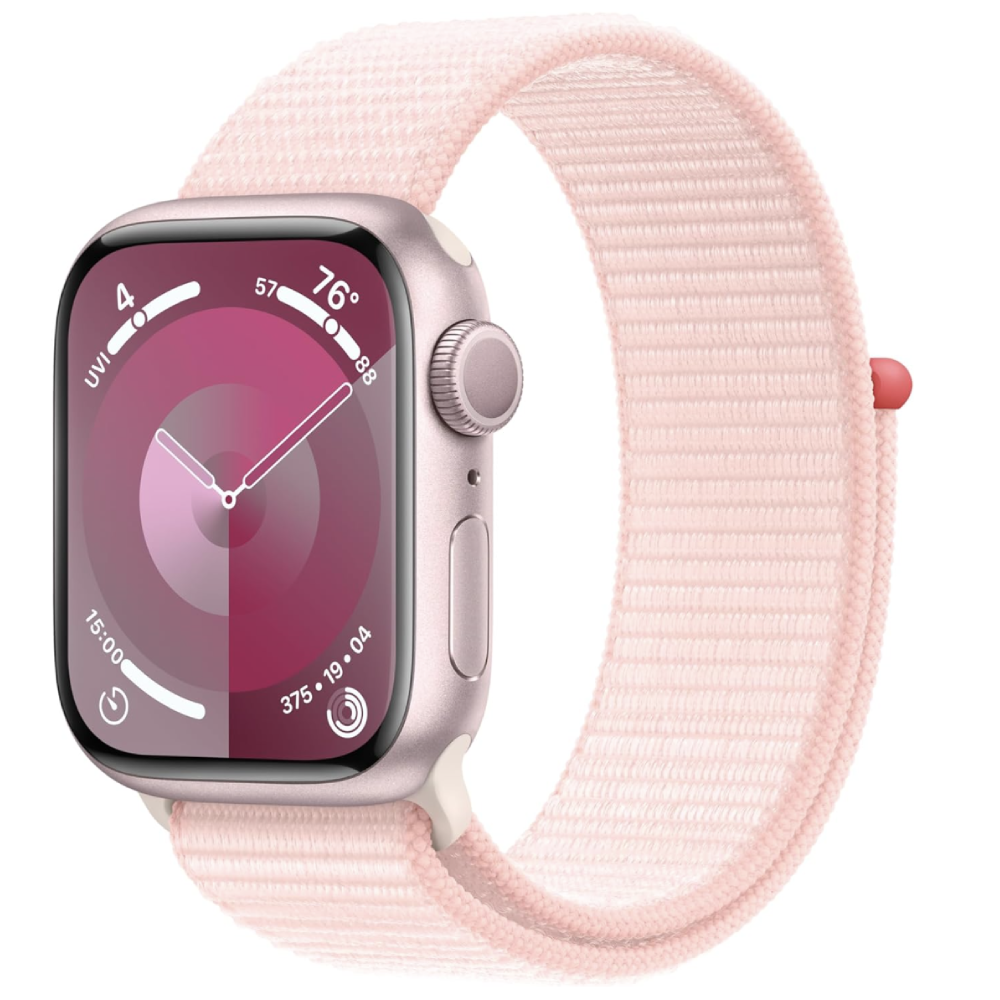
Tethered
The Apple Watch GPS (Wi-Fi only) model is the cheapest of the two types and the lightest of the models. It also has a longer battery life as it doesn't have a cellular chip.
Pros
- Less expensive
- Lightest weight of all models
- Slightly longer battery life
- Multiple color choices
Cons
- Must keep iPhone nearby for some tasks
- Only comes in aluminum
- Does not support Family Setup
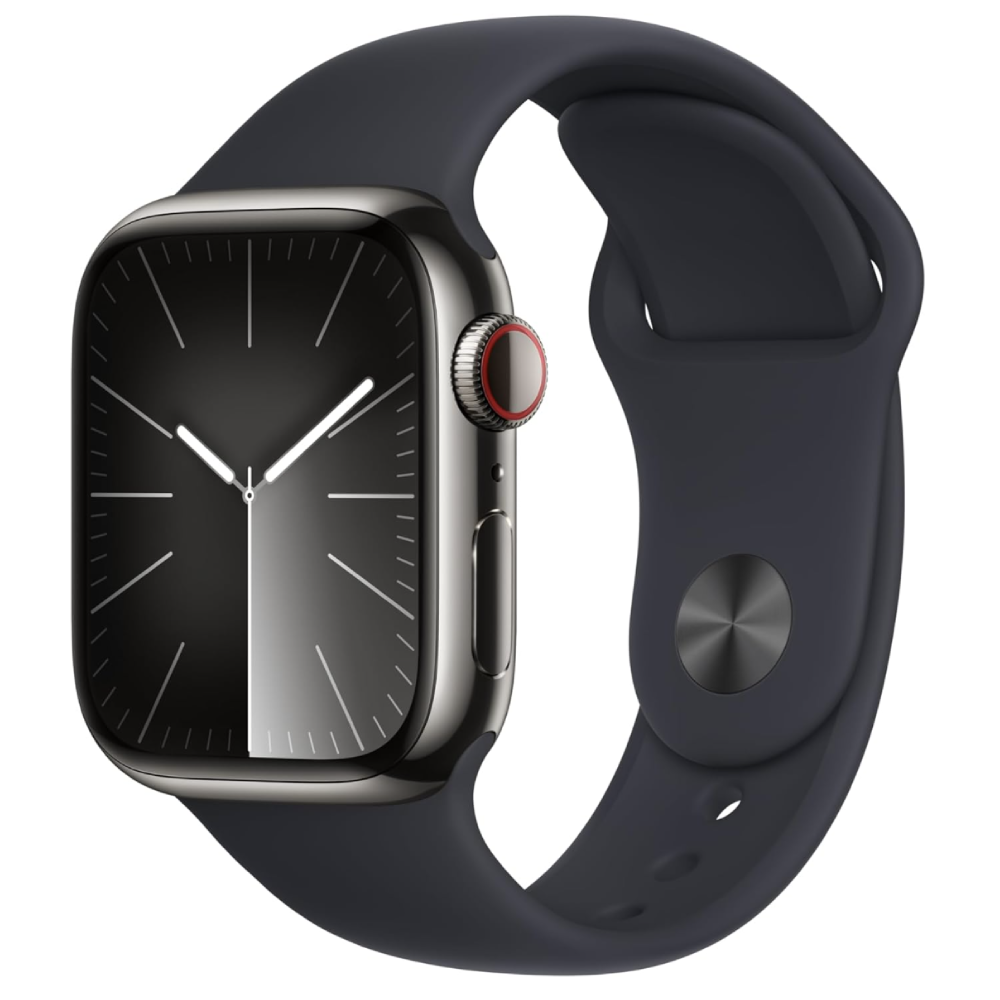
Free bird
The Apple Watch Cellular aka the GPS + Cellular model means you can use Apple Music and the Podcasts app streaming function, no matter where you are. Options for a cellular model include the Apple Watch Series 9, Apple Watch Ultra 2, and Apple Watch SE.
Pros
- Apple Music streaming support
- Aluminum, Stainless Steel, and Titanium models
- Leave your iPhone at home
- Works with Family Setup
Cons
- More expensive
- Monthly fee (optional)
The Apple Watch was far from the first wearable on the market, but it's now firmly established as one of the most popular smartwatches out there. When buying one though, things can get complicated. There are a lot of similar-sounding choices to pick from, so it can be tricky to know where to begin.
The Apple Watch comes in a plethora of different colors, screen sizes, material finishes, and iterations. Before you go any further, it's useful to know if the Apple Watch Series 9, the Apple Watch SE, or the Apple Watch Ultra 2 is the one for you. You may even wish to pick up a cheaper, older model instead.
Once you've got that far, your next important question is to think about if you need an Apple Watch with cellular data in addition to its built-in GPS. Otherwise, you're better off sticking with the cheaper, non-cellular GPS-only model.
The Apple Watch cellular uses data provided by your carrier to allow you to do things you'd ordinarily need your phone to be able to do. This includes making calls or using data without needing your iPhone nearby. It offers increased connectivity options over the GPS model.
The GPS version relies solely on your phone for all its data needs so you need your iPhone nearby at all times. By doing so, you'll still get notifications and emails, as well as be able to stream music or podcasts. While it might sound inconvenient, it's cheaper than the Apple Watch cellular, and you don't have to worry about monthly data costs in addition to your phone's plan.
iMore offers spot-on advice and guidance from our team of experts, with decades of Apple device experience to lean on. Learn more with iMore!
Apple Watch Cellular vs. GPS: An at-a-glance breakdown
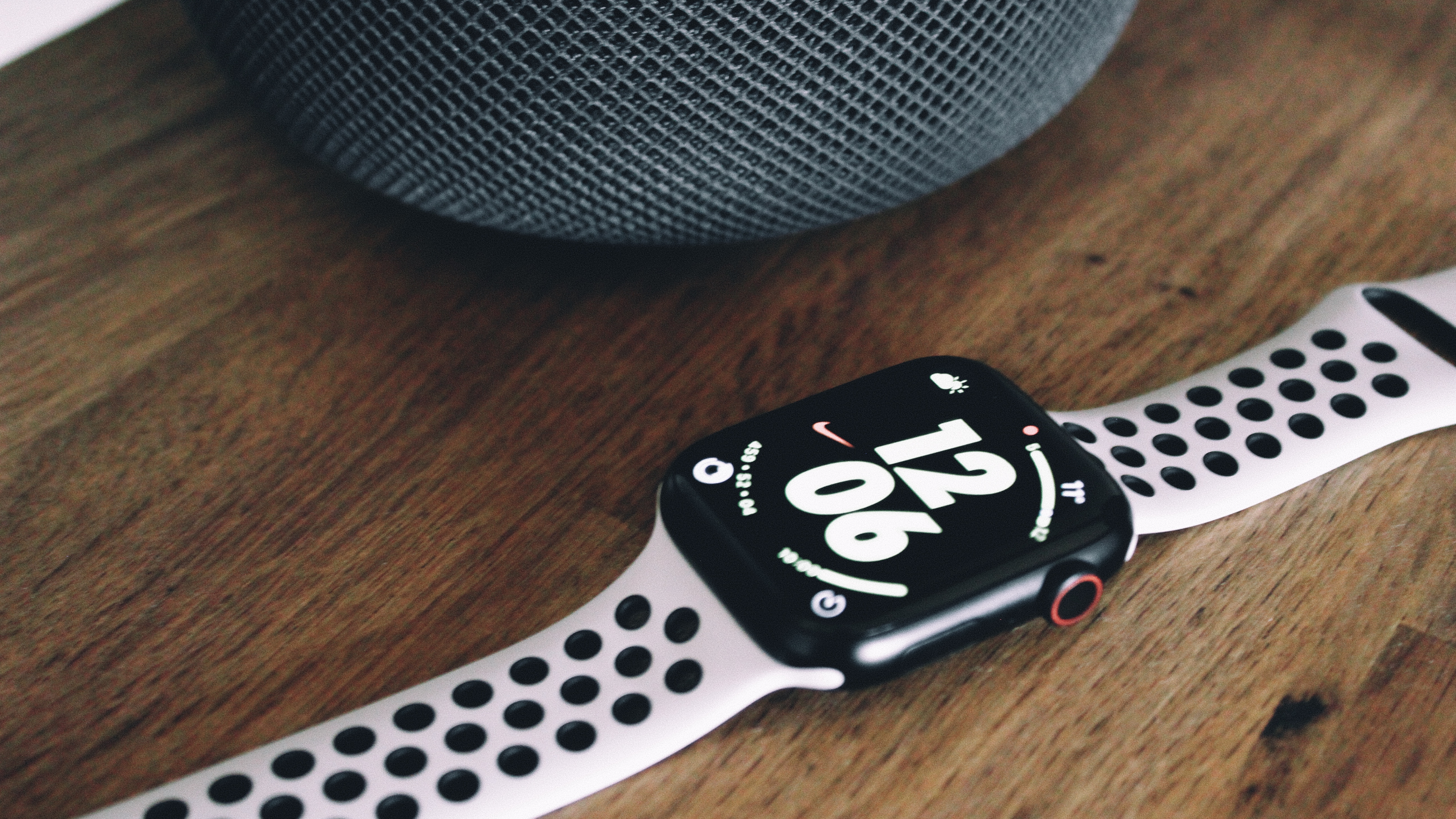
At a glance, the Apple Watch Cellular and the Apple Watch GPS look near identical. The only noticeable difference is a small red ring around the digital crown on the Cellular model.
Inside is a different story though. Below is a table based on the specifications of the Apple Watch Series 9 and the core differences between the two data models. It's worth remembering that the Apple Watch Ultra and SE are slightly different again, but this is useful for illustrative purposes.
| Header Cell - Column 0 | GPS | GPS + Cellular |
|---|---|---|
| Battery life (total) | Up to 18 hours | Up to 18 hours |
| Battery talk | N/A | Up to 1.5 hours |
| Audio playback | Up to 11 hours playback from Apple Watch storage | Up to 11 hours playback from Apple Watch storage Up to 8 hours streaming playlist with LTE |
| Workout battery life | Up to 11 hours indoor workout Up to 7 hours outdoor workout with GPS | Up to 11 hours indoor workout Up to 6 hours outdoor workout with GPS + Cellular |
| Family Setup battery life | N/A | Up to 14 hours |
| Charge times | About 45 minutes to 80% (Series 8) About 45 minutes to 80% (Series 7) About 75 minutes to 100% (Series 7) About 1.5 hours to 80% (SE 2022) About 2.5 hours to 100% (SE 2022) | About 45 minutes to 80% (Series 8) About 45 minutes to 80% (Series 7) About 75 minutes to 100% (Series 7) About 1.5 hours to 80% (SE 2022) About 2.5 hours to 100% (SE 2022) |
| Monthly cost | $0 | From $10 per month, depending on the carrier |
Apple Watch Cellular vs. GPS: Band options
Band choices don't differ with the Apple Watch Cellular or Apple Watch GPS. After all, they have the same build.
However, there are plenty of band options out there, with some limited to certain designations. Fortunately, you can swap them out, for a price. For example, if you go for the Aluminum Apple Watch and you want a Milanese loop, then you need to buy one separately.
There are some great straps available for the Apple Watch family. The only thing you have to worry about is choosing the right size to fit your watch. Make sure you check out our best bands for Apple Watch guide to see our selection of favorites. Once you've picked that out, there are plenty of Apple Watch tips and tricks you should know.
Can I buy the GPS + Cellular Apple Watch and just not pay for the cellular plan?
Yes, you can buy the cellular-capable Apple Watch and just not connect it to a cellular plan. There are two reasons you might do this.
One, if you really aren't sure which to buy and would like to have the cellular option for the future. If this is the case, then don't set up the cellular service plan on purchase. Then you can decide at any time to activate (and pay for) the cellular plan.
The other reason you might make this decision is if you don't care about the cellular plan at all and you just want one of the higher-end watches constructed from more expensive metals and have sapphire faces, i.e. the stainless steel Apple Watch Series 9 or the titanium Apple Watch Ultra 2. They both come the cellular capability whether you want that feature or not. But you don't have to activate it if you don't need it.
Apple Watch Cellular vs. GPS: Carrier restrictions
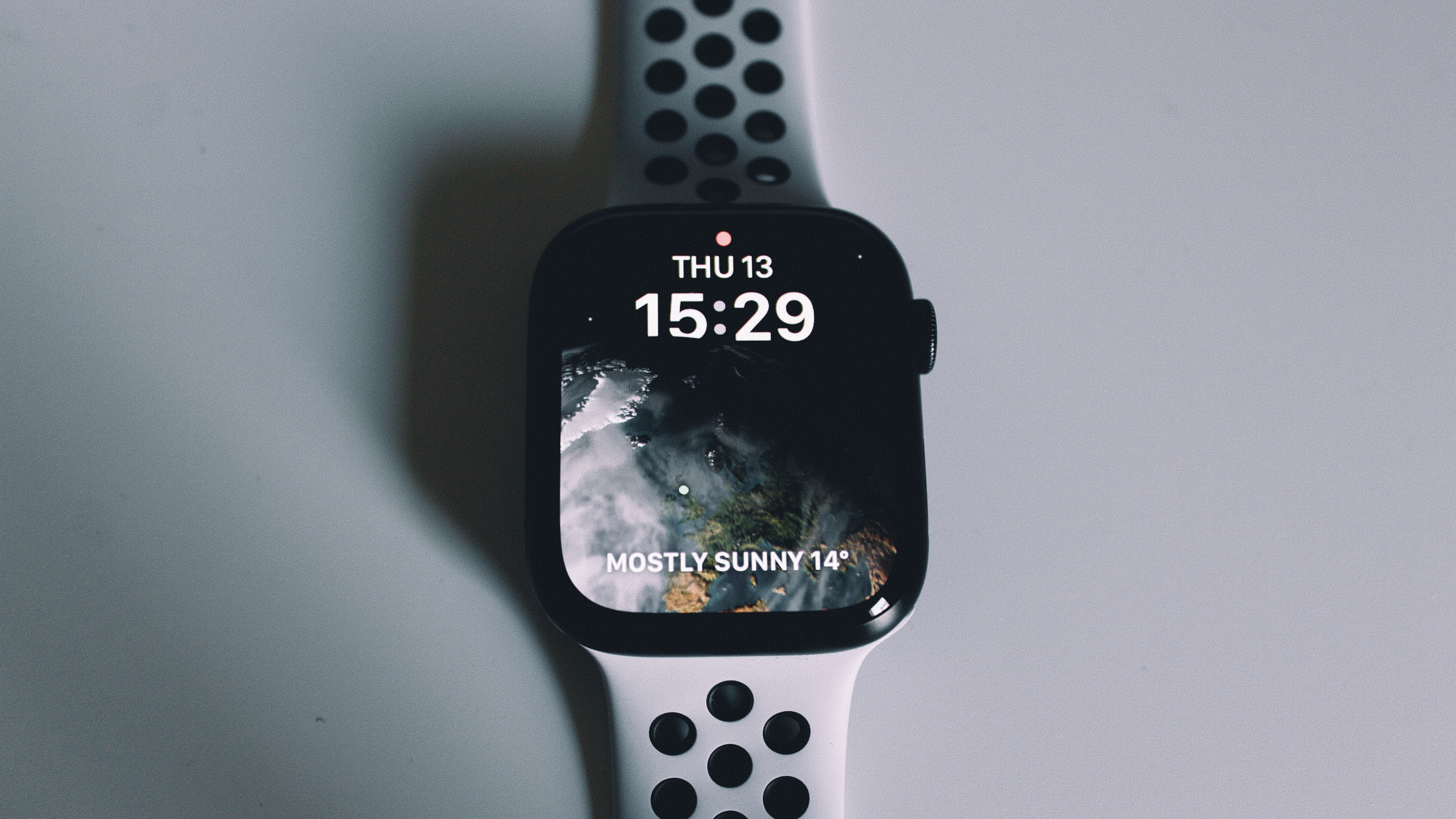
The Apple Watch GPS + Cellular model has LTE connectivity, which stands for Long-Term Evolution. It sits somewhere between 3G and 4G in terms of connectivity. You can use it to piggyback off your current carrier plan for an additional monthly fee. That usually costs around $10 in the US. It gives you internet and phone connectivity even when your iPhone is nowhere near you. To ensure you get a great deal, check out our guide to the best cell plans for Apple Watch.
Not everyone needs this level of freedom. Some people love the fact they don't need to rely on their phone as much though. For instance, if you want to listen to music while going for a run, you can leave your iPhone behind and stick with just your Apple Watch.
An Apple Watch Cellular with LTE coverage means you can do anything on the Apple Watch that you would do when tied to your iPhone's data. That includes placing calls, receiving messages, using Siri, navigating via the Maps app, or using third-party apps that rely on a data connection.
It's not possible to sign up for a separate Apple Watch Cellular plan away from your iPhone. Instead, say you're on AT&T, your Apple Watch needs to be on the plan too. You'll have a separately assigned number for your Apple Watch but it's an account assignment number rather than your usable phone number.
Note: If you buy a pay-as-you-go SIM card for international travel, consider leaving your Apple Watch at home because it will incur international charges if you use it while abroad (there's no SIM card in the Apple Watch).
Apple Watch Cellular vs. GPS: Apple Music and Podcasts streaming support
If you have a Cellular Apple Watch, you can stream Apple Music, Apple podcasts, and audiobooks even when you're away from your iPhone.
It's possible to use any Watch, whether Cellular or just GPS, to sync music, podcasts, and audiobooks from your iPhone to your Apple Watch. By doing so, you can then play the content on your Watch, even if your iPhone isn't near you, and the watch isn't online. However, the Cellular option means you can stream content rather than download it.
Apple Watch Cellular vs. GPS: Family Setup
If you're thinking of passing down your old Apple Watch to someone who doesn't have an iPhone, Family Setup will help a ton. You initially set up the Apple Watch on your iPhone, but you can still use it untethered. Only the Apple Watch Cellular model supports Family Setup, so it's an essential purchase if this feature is important to you, or could be in the future.
The Family setup feature works with the Apple Watch Series 8 Cellular, the Apple Watch Ultra, and the Apple Watch SE Cellular.
Apple Watch Cellular vs. GPS: Case and screen material
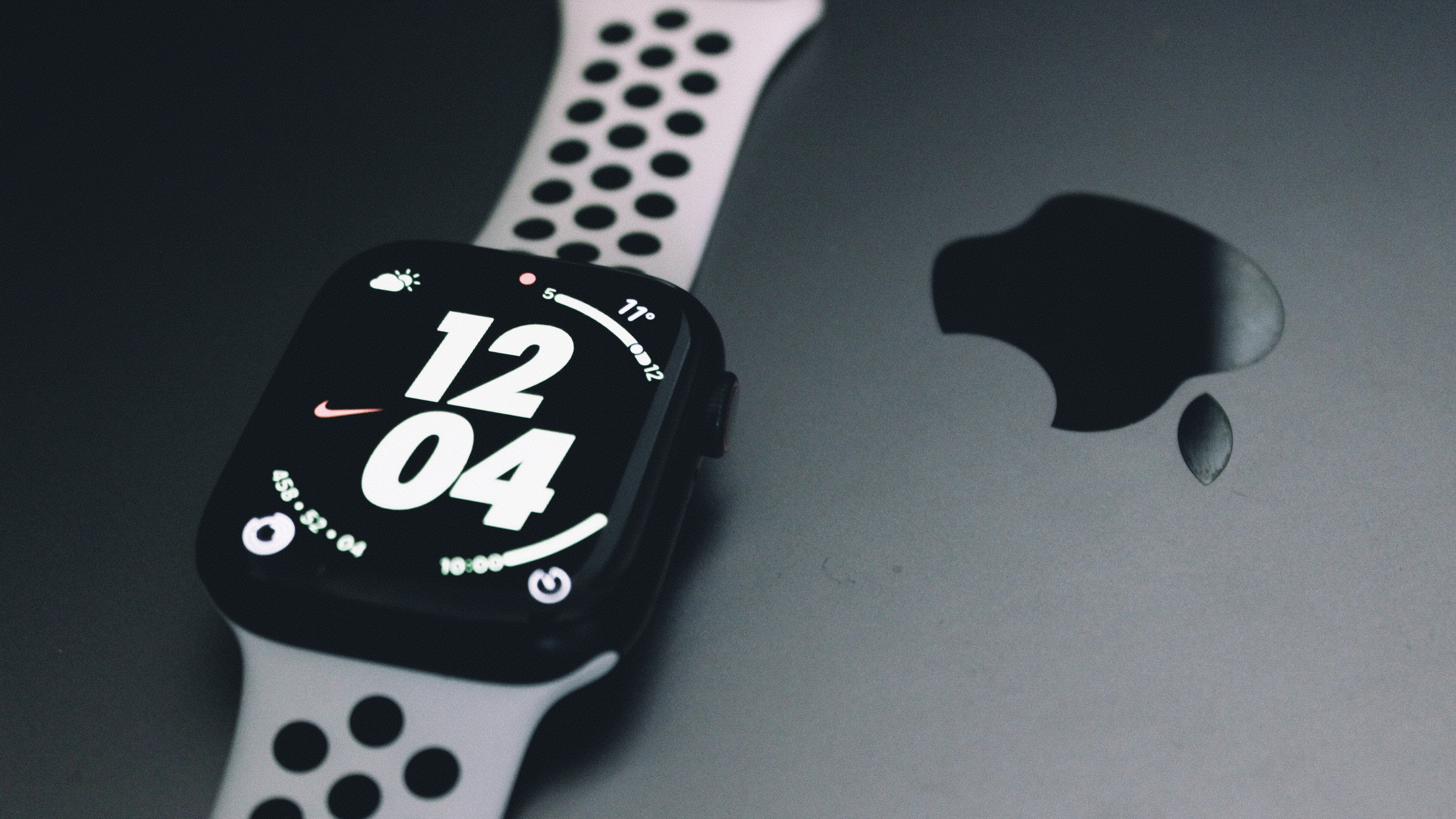
Both GPS and Cellular options are available in aluminum in the Apple Watch Series 9 and Apple Watch SE. It's also possible to buy the Apple Watch Series 9 in stainless steel. There's no Apple Watch Ultra with solely GPS connectivity and it's only available in titanium.
The Aluminum versions of the Apple Watch come with an Ion-X glass display, while you can only get the Sapphire Crystal displays on the Stainless steel and Ultra cases. Ion-X glass is softer and more prone to scratches. On the other hand, it's more sturdy when dropped. The Sapphire Crystal glass is much harder and less susceptible to scratching, but is more likely to crack if the watch is dropped. It's a trade-off based on any concerns you may have but also the style you want. One of the best Apple Watch cases could help cut down on risks though.
Apple Watch Cellular vs. GPS: Battery Life
Even though the figures sound the same on the surface, does the Apple Watch Cellular suffer from a reduced battery life compared to the GPS only model? Yup.
Fortunately, the battery life can be improved by disabling certain features, or switching to the low power mode available on the watch. However, limiting your options isn't exactly why anyone would buy the Apple Watch Cellular.
Apple claims that the Series 9 will last for 18 hours, and while it's not been particularly forward with its testing methodology, it looks like it’s expecting around 4 hours on LTE connection and 14 connected to an iPhone. In real world use, that number is likely to diminish further with time and use, as well as depending on how you use your watch.
For instance, 11 hours of audio streaming from your phone is expected, but use the LTE connection and that number drops to 8 hours. Use the workout feature and you might get 11 hours connected to an iPhone, but that plummets to 6 hours with GPS and LTE.
The more Apple Watch features you use, the more battery life will suffer. That won't be much of an issue for many people, but if you're a long-distance runner or extreme hiker who may not have access to a power source, most of the Apple Watch range won't cut it for your needs.
Apple Watch Cellular vs. GPS: Price
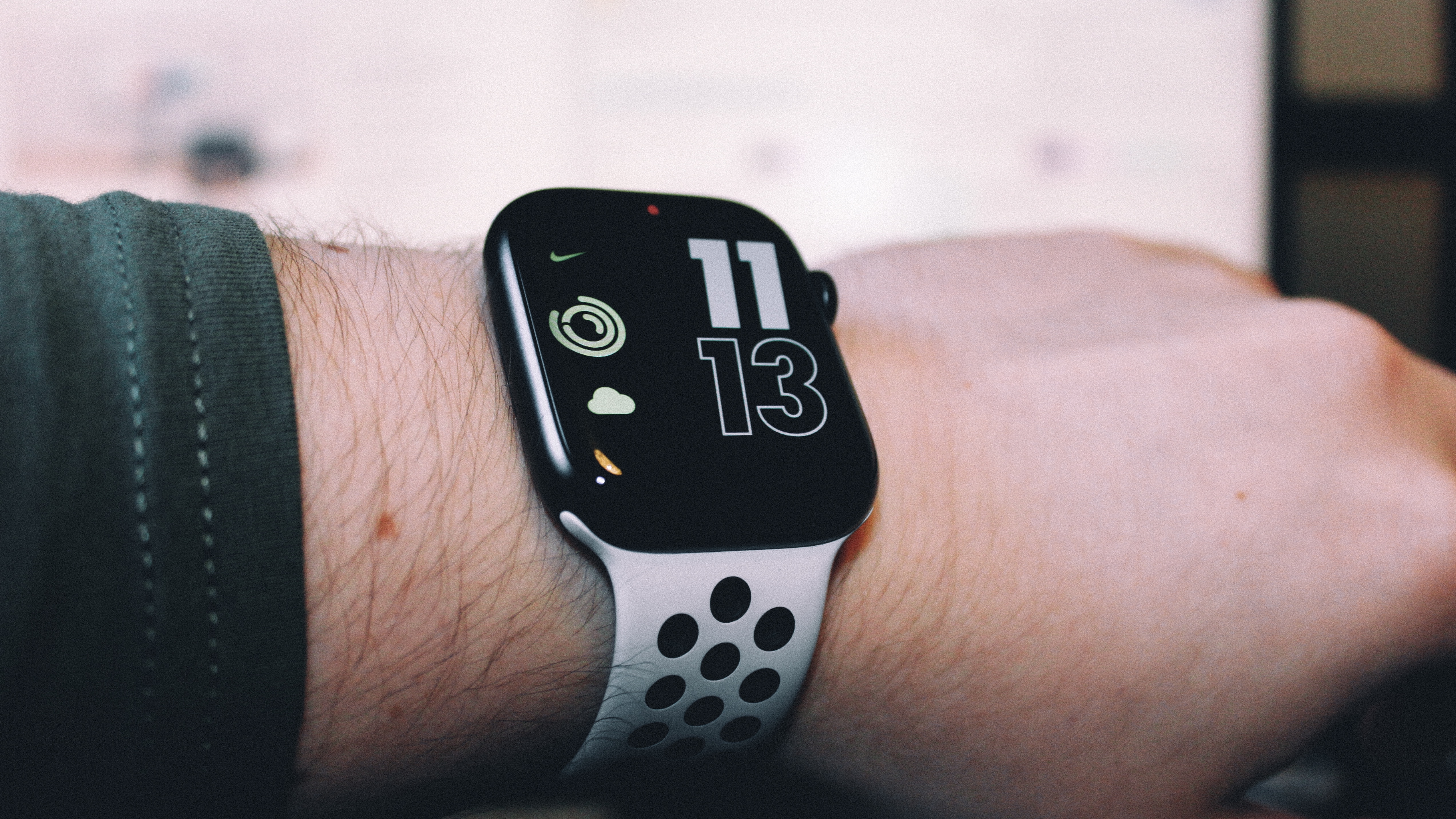
As with any purchase, price is important, and both device types offer differences. The current generation SE starts at $249 for a 40mm aluminum case, while the Cellular version begins at $299.
The Series 9 GPS starts at $399 for the 41mm aluminum case, and the Cellular Series 9 starts from $499. These prices rise with larger screens and nicer case materials. The Apple Watch Series 9 Stainless Steel (GPS + Cellular) starts at $699. The most expensive device is the $799 Apple Watch Ultra, which is only available with a Cellular connection. Of course, you can always save money with the best Apple Watch deals and sales.
Apple Watch Cellular vs. GPS: Which should you buy?
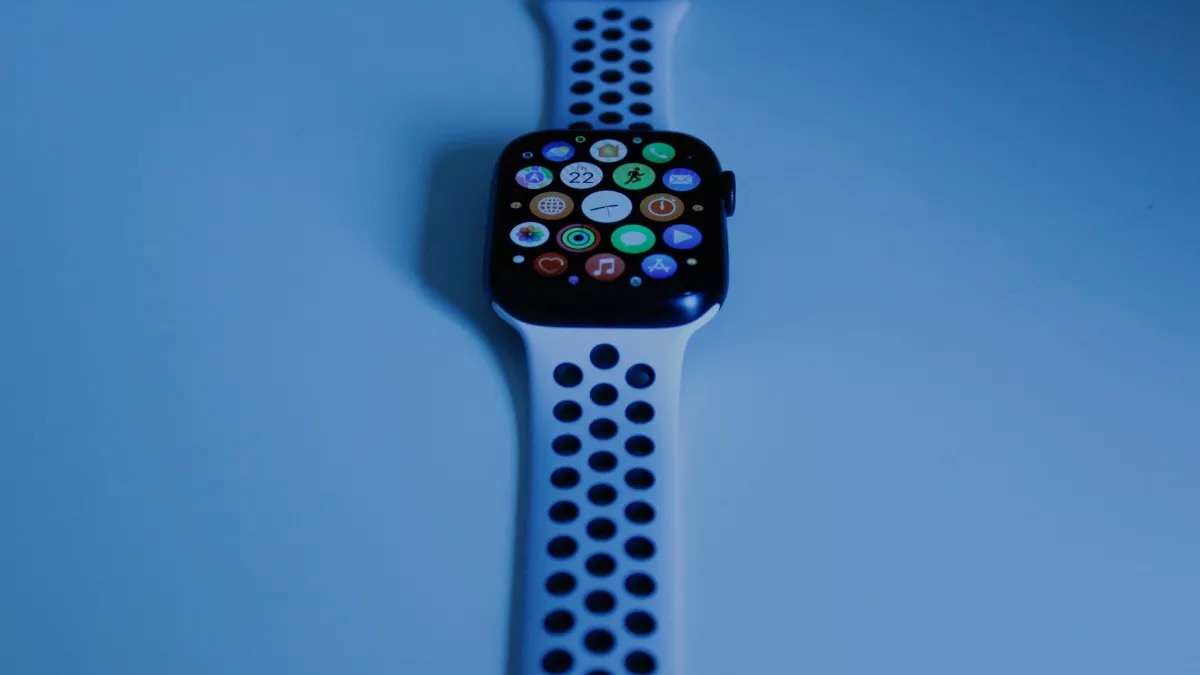
Realistically, most people will be fine with the GPS-only version of the Apple Watch. Yes, you'll have to have your phone within Bluetooth range at all times, and no, you won't be able to use Family Setup with it. If neither of those are a concern to you, then there is no reason to spend the extra money on a cellular plan for your Apple Watch.
The main reason to get a GPS + Cellular Apple Watch is, of course, to be able to use the watch as your primary communication device when you leave your iPhone at home. For example, you can run, swim, or hike without having to bring your phone along. The ability to use Family Setup is another big reason to go for the GPS + Cellular version.
Another factor to consider is that the higher-end watches with more expensive materials (sapphire crystal, titanium, or stainless steel case) come with cellular capability whether you want it or not. Of course, you don't have to actually activate and pay for the cell service if you don't want it. Yes, you'll pay more upfront for the cellular capability but you don't have to pay the monthly fee if you're not going to use it. But you'll have the option to activate it if you want it in the future.

For most folks
Not everyone needs to use their Apple Watch without their iPhone. If you never leave home without your iPhone, and you like it that way, or if you don't plan to use Family Setup in the future, don't waste the extra $50-$100 on the cellular model.

Premium option
If the thought of going for a walk or a jog without having to take your iPhone with you is crucial, you're going to love the freedom that comes with the cellular version of the Apple Watch. And if you plan on using Family Setup, even someday in the future, this is the Watch you want.

As iMore's Senior Staff writer, Tammy uses her background in audio and Masters in screenwriting to pen engaging product reviews and informative buying guides. The resident audiophile (or audio weirdo), she's got an eye for detail and a love of top-quality sound. Apple is her bread and butter, with attention on HomeKit and Apple iPhone and Mac hardware. You won't find her far away from a keyboard even outside of working at iMore – in her spare time, she spends her free time writing feature-length and TV screenplays. Also known to enjoy driving digital cars around virtual circuits, to varying degrees of success. Just don't ask her about AirPods Max - you probably won't like her answer.
- Karen S FreemanContributor
- James Bentley
- Daryl BaxterFeatures Editor
